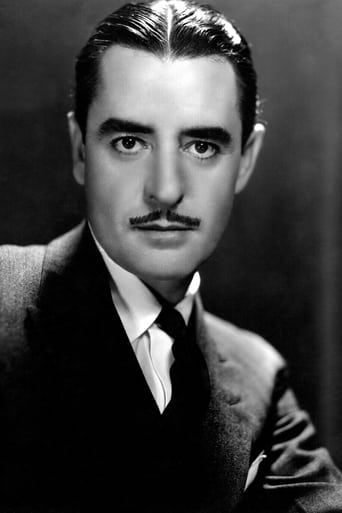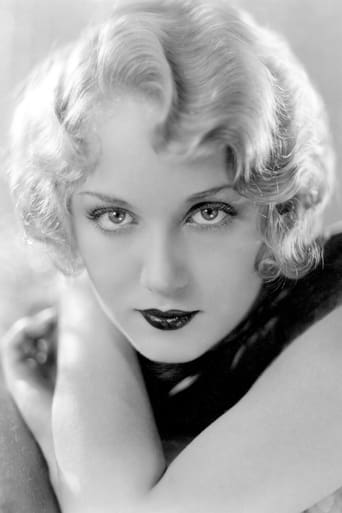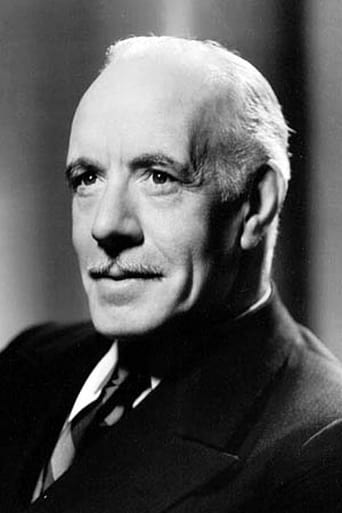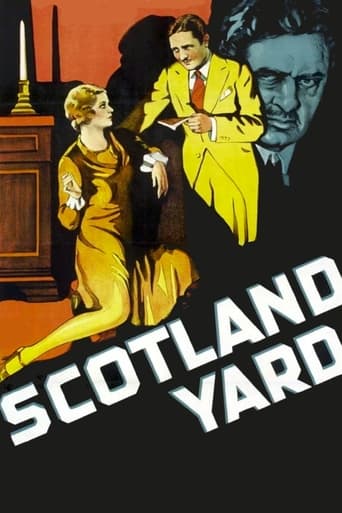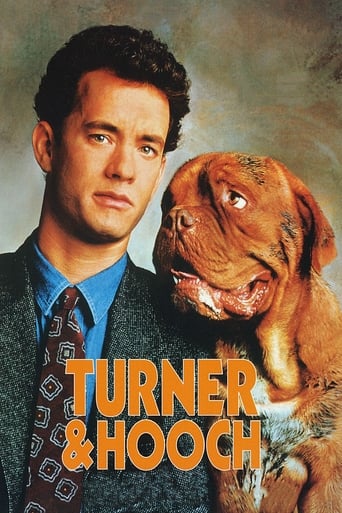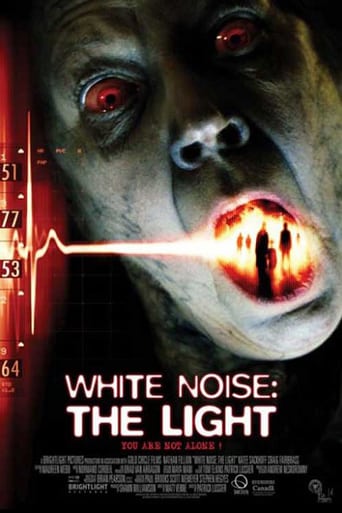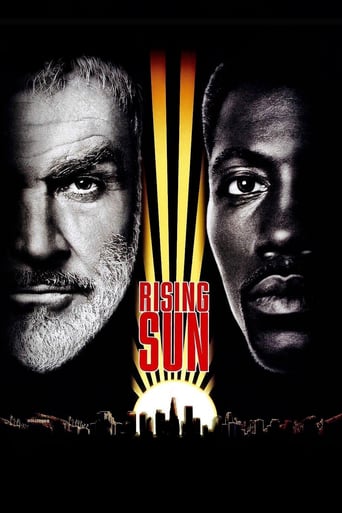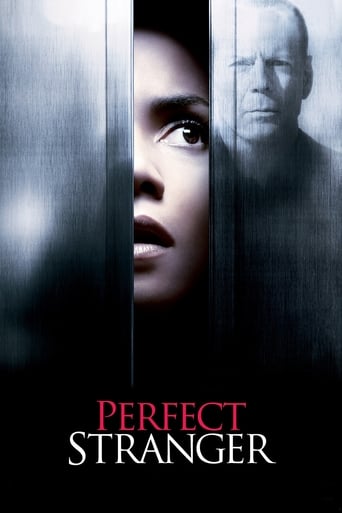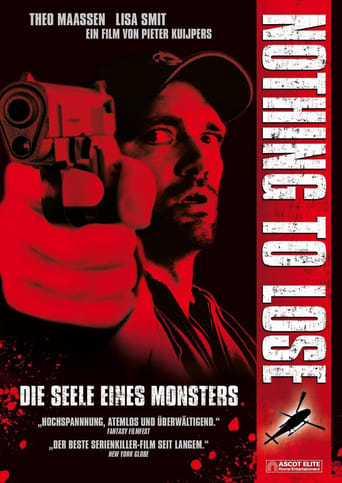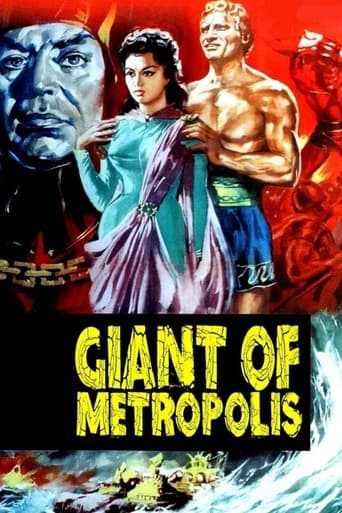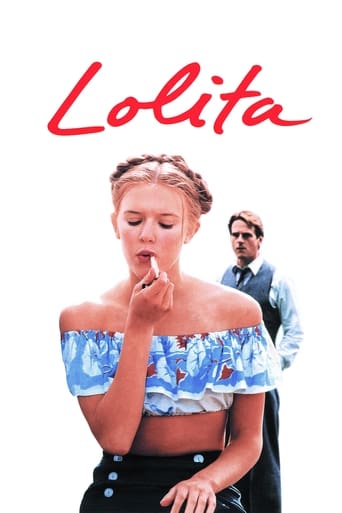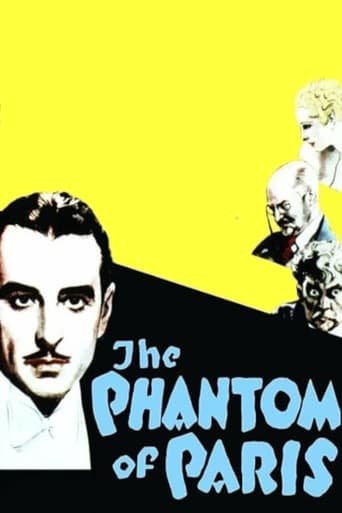
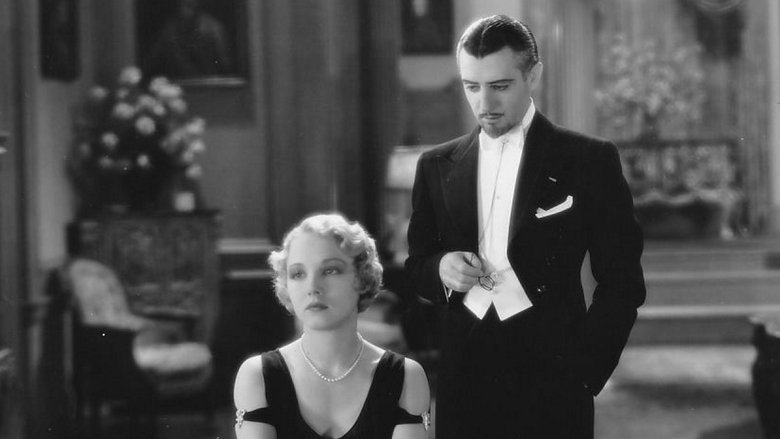
The Phantom of Paris (1931)
Chéri-Bibi is a world class escape artist, but he cannot escape the false murder charge that is placed on him.
Watch Trailer
Cast
Similar titles
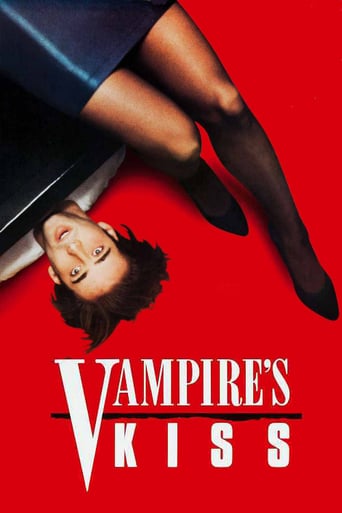
Reviews
Great Film overall
Good story, Not enough for a whole film
There are moments in this movie where the great movie it could've been peek out... They're fleeting, here, but they're worth savoring, and they happen often enough to make it worth your while.
This is a dark and sometimes deeply uncomfortable drama
Copyright 5 August 1931 by Metro Goldwyn Mayer Distributing Corp. New York opening at the Capitol: 13 November 1931. 8 reels. 72 minutes.SYNOPSIS: An escape artist is framed for murder by a jealous rival (who actually wants the money rather than the girl).NOTES: When M-G-M's top male box-office attraction of the late 1920s, made his disastrous, all-talking, star debut in His Glorious Night (1929), M-G-M chief Louis B. Mayer didn't blame the stodgy direction of Lionel Barrymore, or the ridiculously insipid script penned by Willard Mack from the 1928 stage play Olympia by Ferenc Molnar. No, Mayer laid the blame squarely on Gilbert and tried to buy back his contract. Gilbert refused. It is alleged that Gilbert and Mayer came to blows and that the athletic star knocked the studio chief to the ground. This last statement seems more the stuff of legend than fact as Mayer was much the stronger man of the two and could easily have beaten Gilbert to a pulp. Nonetheless, it is true that Mayer's animosity didn't help Gilbert's career at a time when he needed the studio's support most. It is alleged that Mayer deliberately tried to sabotage Gilbert's efforts to retrieve his popularity, but this furphy is disproved by the facts. That Gilbert was given better scripts, better directors and kinder treatment from M-G-M's sound department is easily proven by the last three films he made under his M-G-M contract: Mervyn LeRoy was borrowed from Warner Bros for Gentleman's Fate (1931); John S. Robertson - who had notched up a number of critical and commercial successes including Tess of the Storm Country (1922) and The Enchanted Cottage (1924) - was assigned to The Phantom of Paris, adapted from a popular novel by Gaston Leroux; whilst Gilbert himself was allowed to write Downstairs (1932). It was the not the studio's fault that these films failed to retrieve Gilbert's former premier reputation.COMMENT: Although The New York Times felt that the microphone was unkind to John Gilbert's voice in The Phantom of Paris (thus helping to perpetuate the legend that there was something intrinsically wrong with Gilbert's voice), I found little to complain about. True, the recording seemed a little harsh, and Gilbert's acting was a little over-done, particularly in his impersonation scenes. True too that these scenes hardly impress as believable - but that is the fault of the script, not Mr. Gilbert. In these cases, it is usually preferable that the same actor play both roles. It's impossible to credit that both the man's wife and his mistress could be taken in by what seems a very obvious deception. Nonetheless, Gilbert gives both parts a good stab. And if you can accept this situation, you will find much that is novel and entertaining in this adaptation from Gaston Leroux (whose most famous novel, The Phantom of the Opera, is so well-known today). The plot has enough twists to keep any audience intrigued, Robertson's direction has a bit of style, whilst production values are all we expect of M-G-M.
Handsome "disappearing artist" John Gilbert (as Chéri-Bibi) entertains wealthy Parisians with his sensational Houdini-like escapes. Off-stage, Mr. Gilbert courts pretty Leila Hyams (as Cecile). When her father is murdered, Gilbert is accused and jailed. You will likely suspect the killer is sneaky Ian Keith (as the Marquis du Touchais), Gilbert's rival for Ms. Hyams' hand in marriage. As expected, Gilbert escapes from prison, vowing to solve the crime and clear his name. Eventually, he assumes a startling new identity, stepping into the "Marquis" character played by Mr. Keith...How Gilbert passes for Keith strains credulity, but this is an otherwise fine mystery. "The Phantom of Paris" was the fourth, but first really good film in Gilbert's famously unsuccessful career in talking pictures. It was originally slated to star the recently deceased "man of a thousand faces" Lon Chaney. Gilbert, who surprised "talkie" audiences with a more high pitched voice than expected, had been excellent in "The Show" (1927), another Chaney-like role...You can hear how Gilbert records poorly on the larger soundstages. But, it's also evident he and MGM had been working on the voice. Note how Gilbert seems to enjoy showing off his "deep" voice against the squeaky "cigarette case" actor (Tyrell Davis), apparently employed to show off his more high-pitched tone. Gilbert tries some weird acting tricks - like, what the heck is he doing with the knob of that chair while hiding in Jean Hersholt's basement? - but, in a challenging (almost dual) role, Gilbert clearly reveals a potential for greatness as a credible actor in the changing medium.******* The Phantom of Paris (9/12/31) John S. Robertson ~ John Gilbert, Leila Hyams, Lewis Stone, Jean Hersholt
Phantom of Paris, The (1931) *** (out of 4) Well-made, if far-fetched, drama from MGM has John Gilbert playing Cheri-Bibi, a famous escape artist who plans on marrying a rich woman (Leila Hyams) even though her father (C. Aubrey Smith) is against it. The father is killed after an argument with Cheri, which causes a detective (Lewis Stone) to arrest him. Facing death in the matter of hours Cheri escapes from prison to prove his innocence. It's rumored that this film was originally meant for Lon Chaney, which if true would be interesting since it's also rumored that Chaney turned down THE SHOW, which then went to Gilbert. Whatever the truth is, this remains a pretty solid "B" movie that has some great acting and a pretty good story. I'm sure many might go into a title like this expecting some type of horror picture but it's pretty much a straight drama with some pretty tense scenes. I think the film takes a turn for the worse in the final fifteen-minutes when Gilbert takes the identity of the man he believes did the real killer. The two didn't look like one another but even if they did manage to fake people their different voices would have certainly given them away. Gilbert turns in another winning performance and what's so nice here is how incredibly charming he is. The early scenes with him doing the magic tricks had him "acting" to large crowds and I thought the charm came through just like you'd expect a real magician to do. Being Gilbert we also get a love story, which has the actor delivering soft lines and doing a nice job with it. Hyams is much better here than she was in her previous film (WAY OF A SAILOR) with Gilbert. The two come across like a real couple and have some pretty good scenes together. Lewis Stone turns in a fine supporting performance as does Jean Hersholt, Natalie Moorhead and Ian Keith. Smith only appears at the start of the film but he too adds nice support. This film was adapted from a novel by Gaston Leroux and for the most part it's pretty successful. I'm sure the original story had more magic but I guess you can only expect so much from a film like this. The 72-minute running time flies by without too many slow spots and in the end it's yet another film to prove that Gilbert did have a voice and he knew how to use it.
Cheri-Bibi is the most celebrated magician & escape artist in France. Young & debonair, he enjoys the attentions of society & the love of one young woman in particular. But when her wealthy father is found murdered & all evidence points to Bibi, he must put all his considerable talents into evading the law long enough to clear his name - while being forced into living a life in the twilight & shadows as THE PHANTOM OF Paris.According to cinematic legend, all the talkie MGM films starring John Gilbert were dreadful - the result of a bitter hatred between Gilbert (the highest paid star in Hollywood, with a $1.5 million contract) & studio boss Louis B. Mayer. A determination on Gilbert's part to fulfill the contract, and a campaign instituted by Mayer to destroy Gilbert's career - including spreading the rumor that Gilbert's voice was 'high & feminine', culminated in several unwatchable movies.Not entirely true. The Studio had a huge financial investment in Jack Gilbert and was not going to completely cut its own throat by showcasing him in nothing but dreck. Of the 8 talkies in which he appeared as solo star (1929 - HIS GLORIOUS NIGHT; 1930 - REDEMPTION; WAY FOR A SAILOR; 1931 - GENTLEMAN'S FATE; THE PHANTOM OF Paris; WEST OF Broadway; 1932 - DOWNSTAIRS; 1933 - FAST WORKERS) most were certainly rather ghastly. THE PHANTOM OF Paris, however, was quite decent, and, indeed, fully representative of the material the studio was producing in 1931.Gilbert does a fine job through much of the film and has one standout scene - hiding in a cellar - which is excellent and shows what he was really capable of. MGM gives him 3 top drawer co-stars (Lewis Stone, Jean Hersholt & marvelous old Sir C. Aubrey Smith) with which to work. The other featured players (Leila Hyams, Ian Keith & Natalie Moorhead) do creditable work. Movie mavens will spot Fletcher Norton in an unbilled role as a society twit.Ian Keith was undoubtedly cast as the villain due to his slight resemblance to Gilbert, which is important to the plot, although he is noticeably taller. However, having Gilbert impersonate Keith and fool Hyams, Moorhead or Stone for even a moment is ludicrous and the weakest point in the story.Finally, about The Voice. There was nothing at all strange or unnaturally high about Gilbert's voice. As a matter of fact, it was of medium range & rather cultured & refined. Which was the crux of the problem, of course. While it is possible that no voice could have ever matched the perfect one viewers heard in their minds while watching his strong, virile silent roles, the reality was very different from what they wanted to hear (imagine Robert Montgomery's voice coming out of Clark Gable's mouth.) Gilbert was doomed from his first scene in his debut talkie; his war with Mayer only intensified the agony. He would die in 1936, forgotten by most of his former fans, at the age of only 36.
